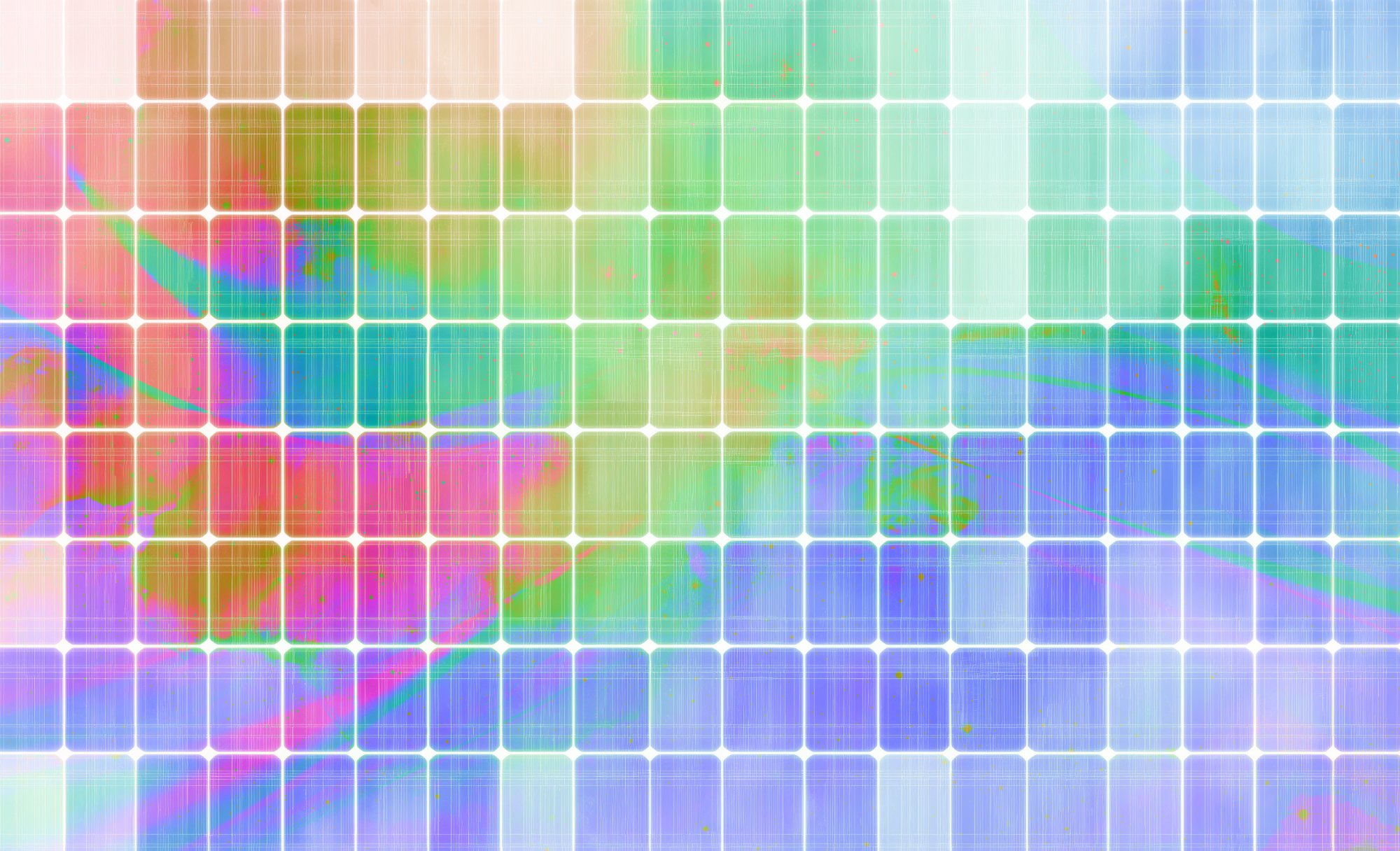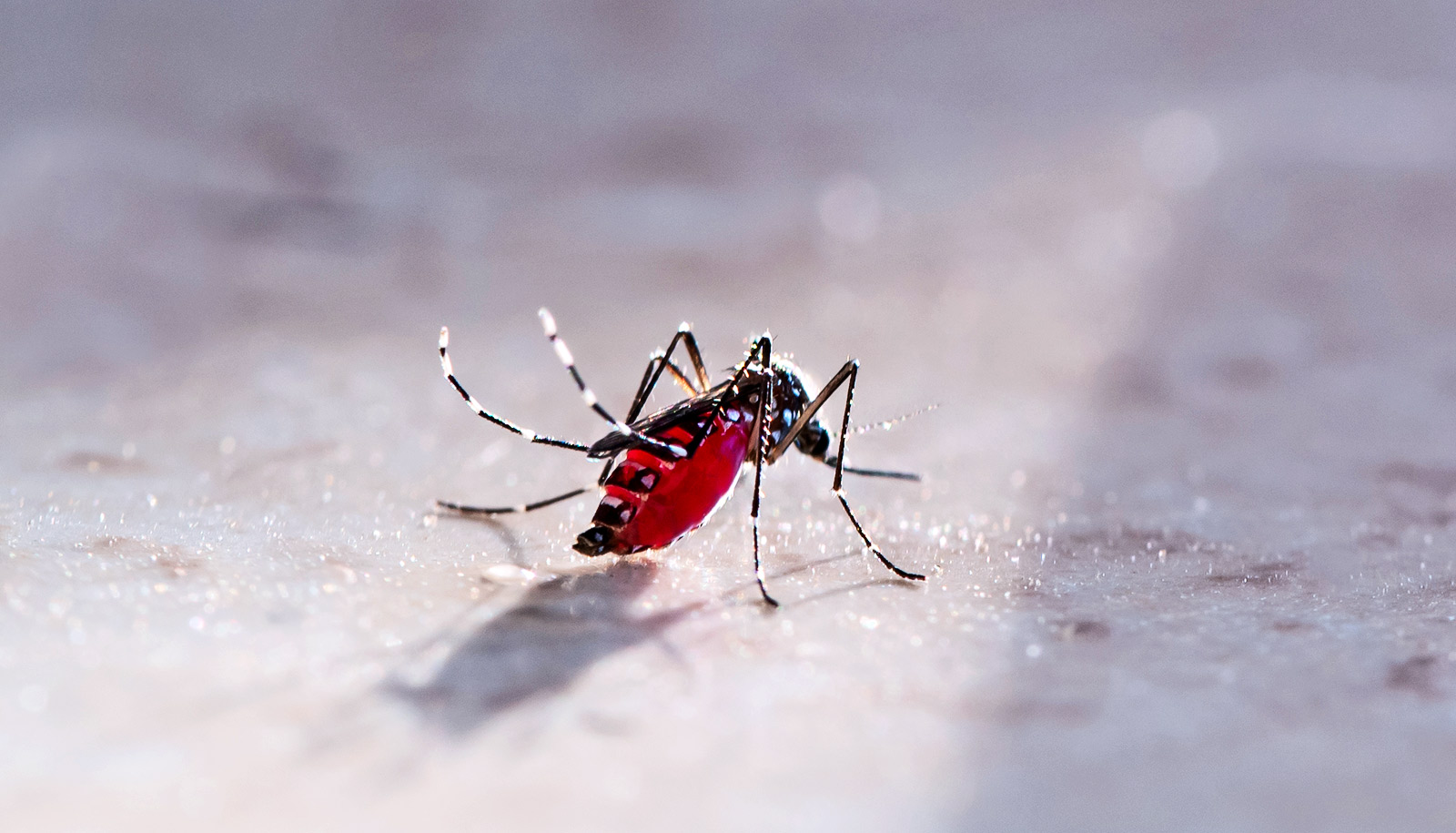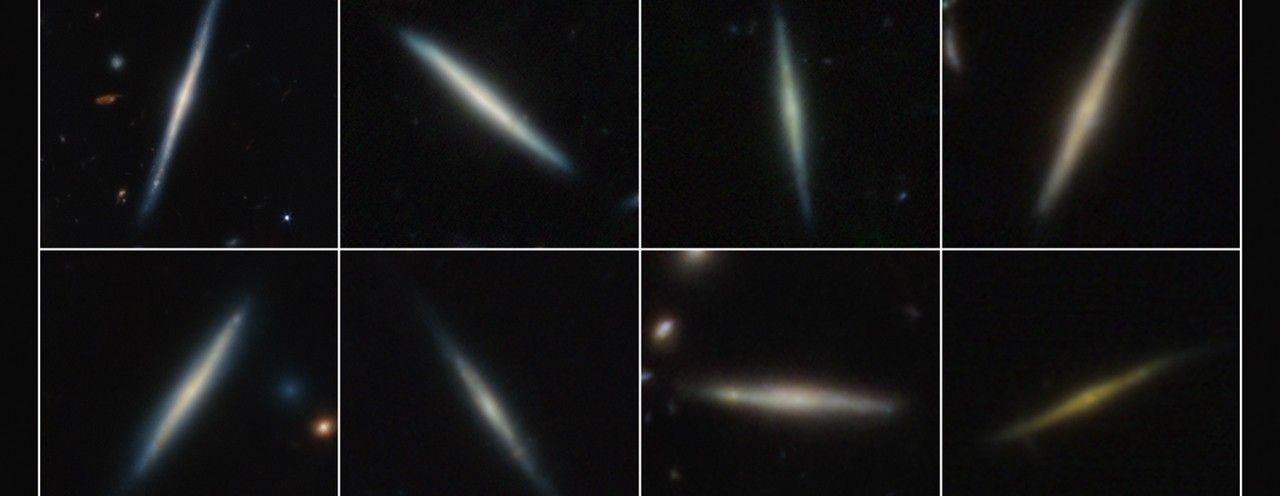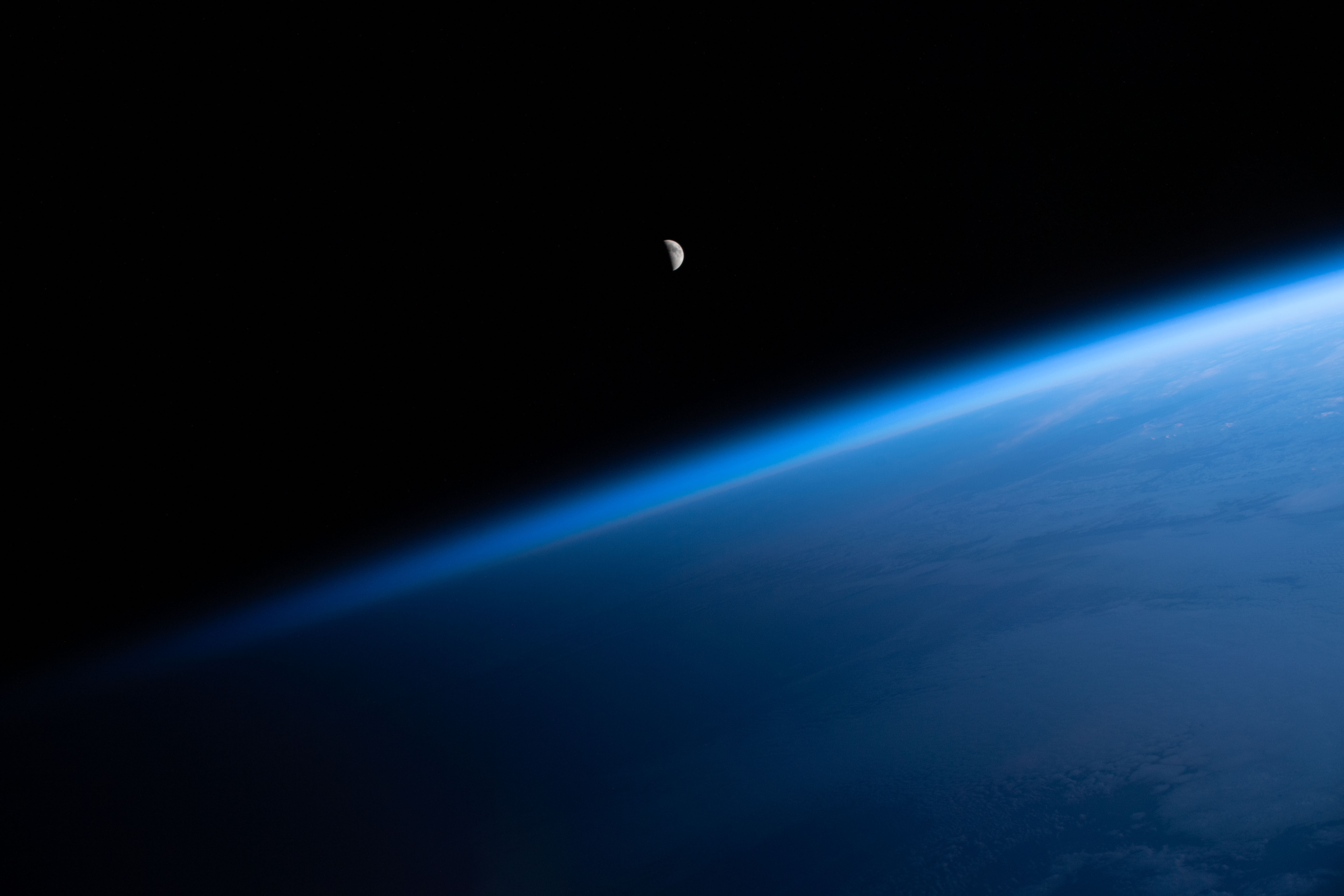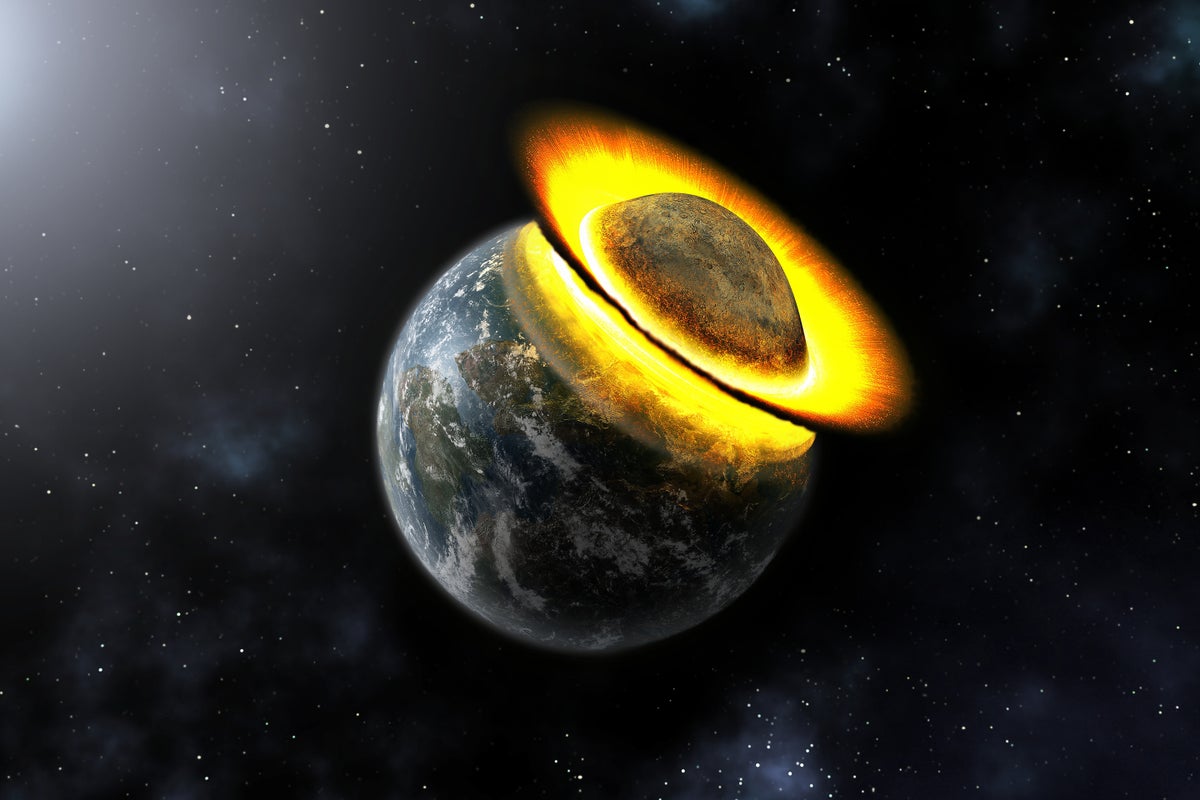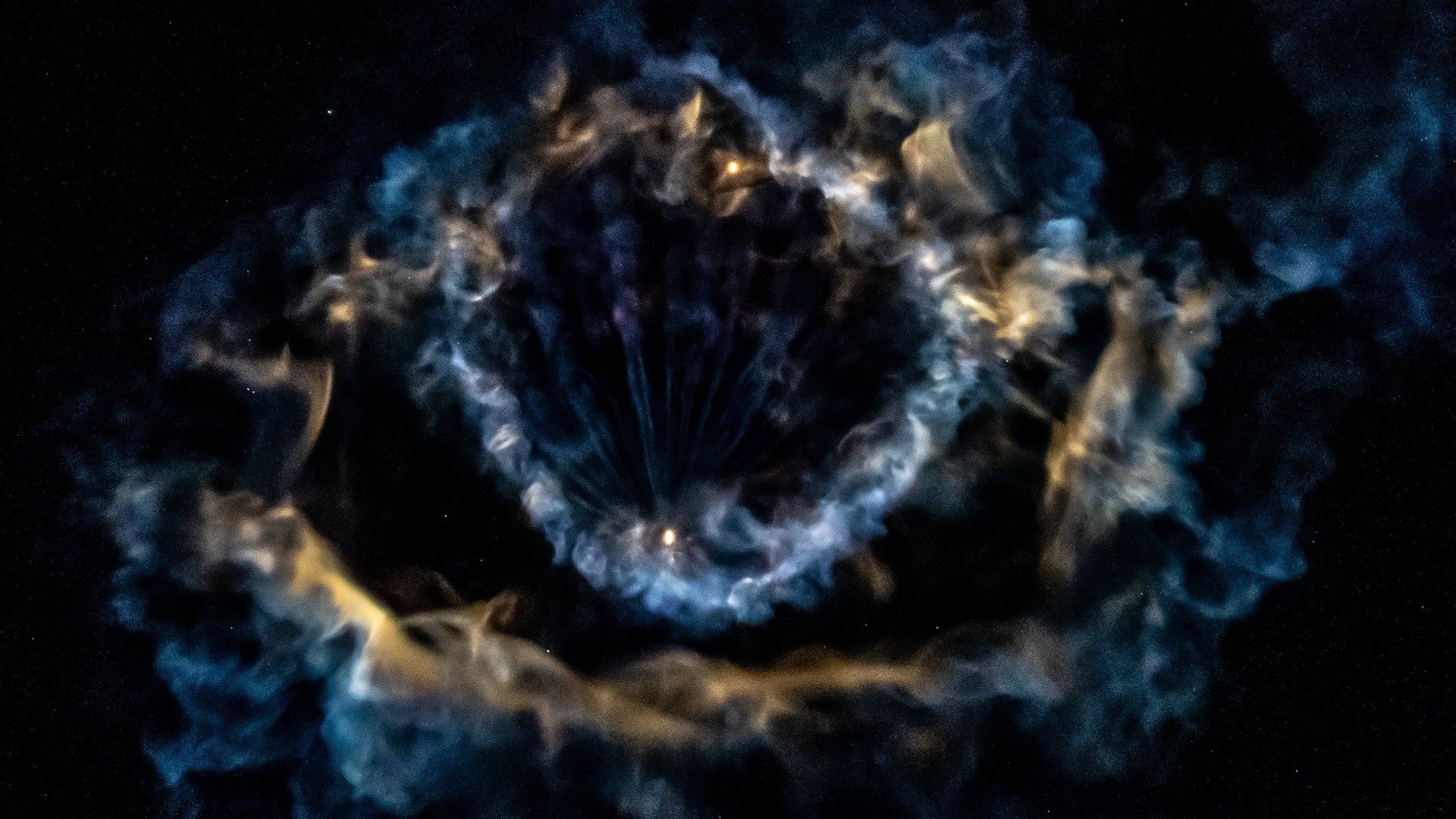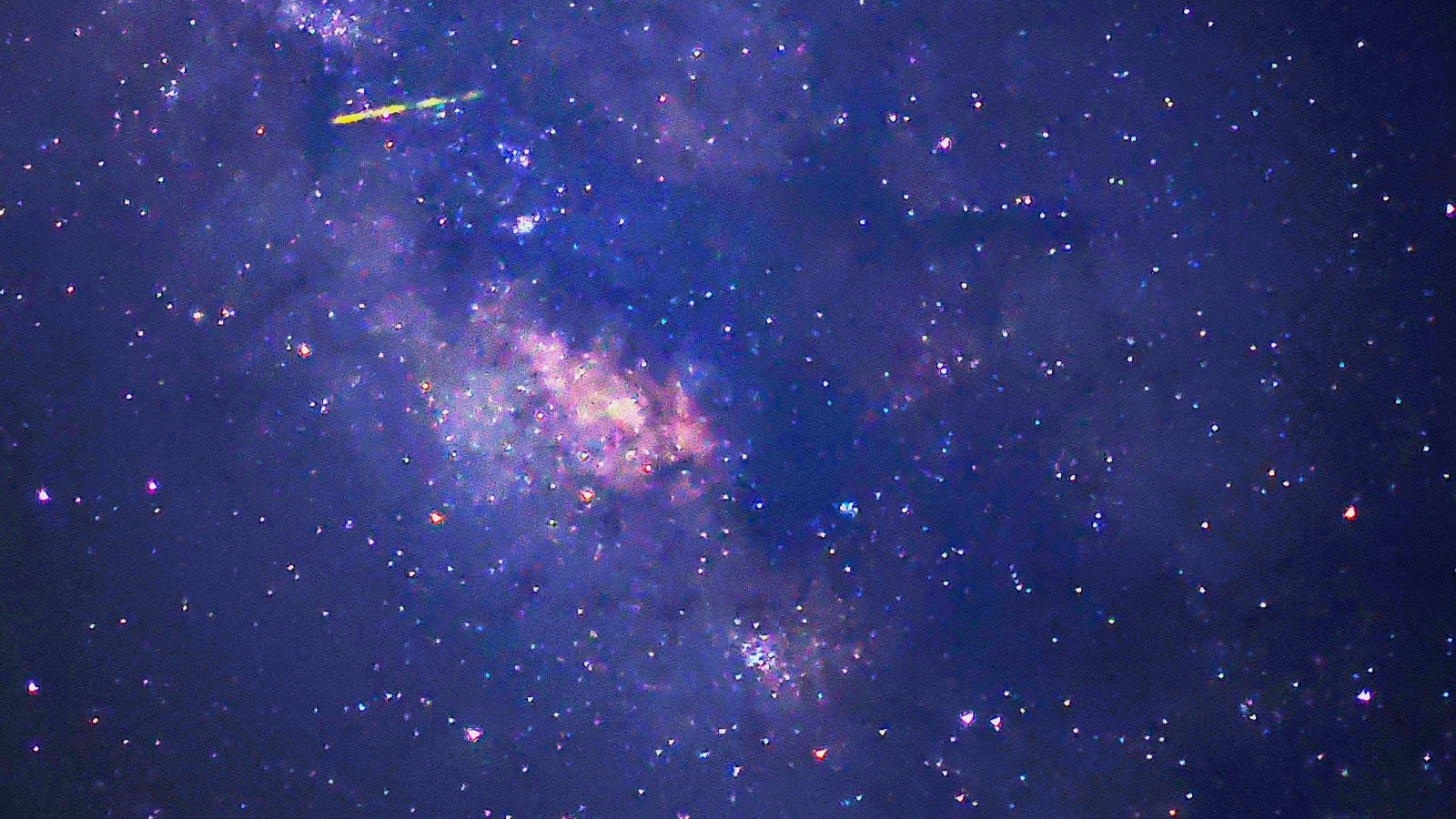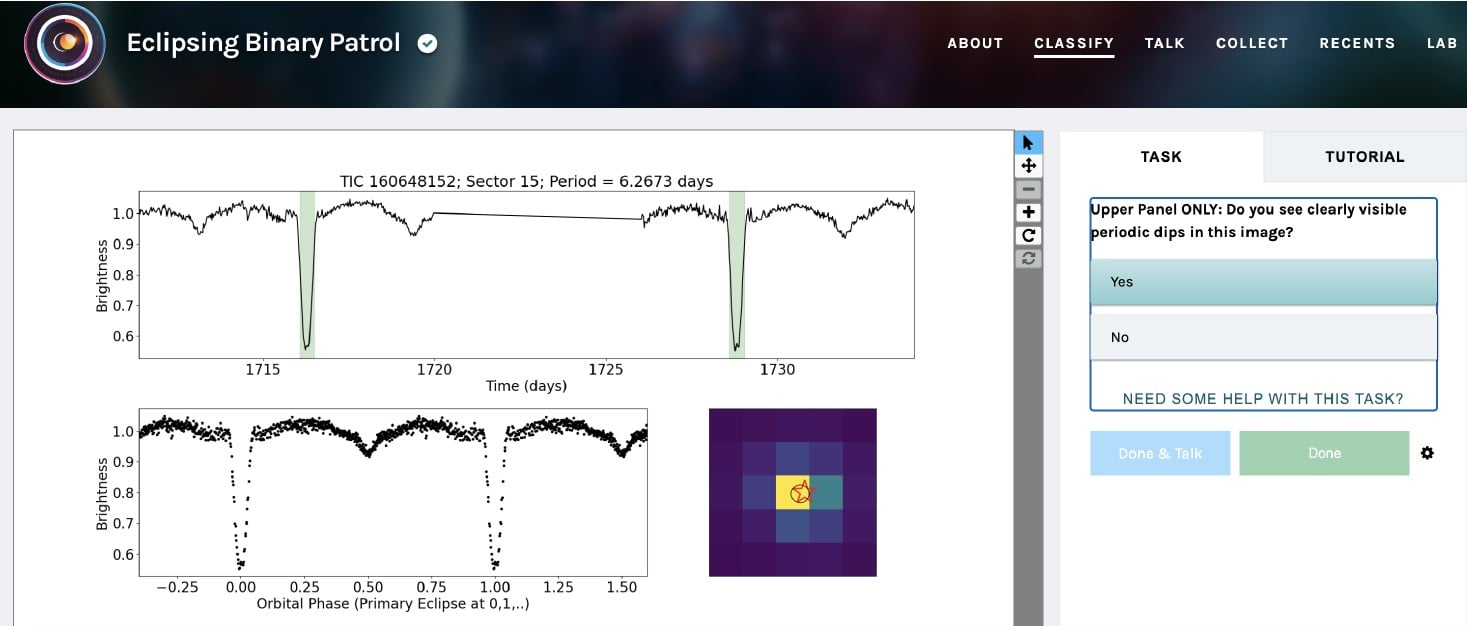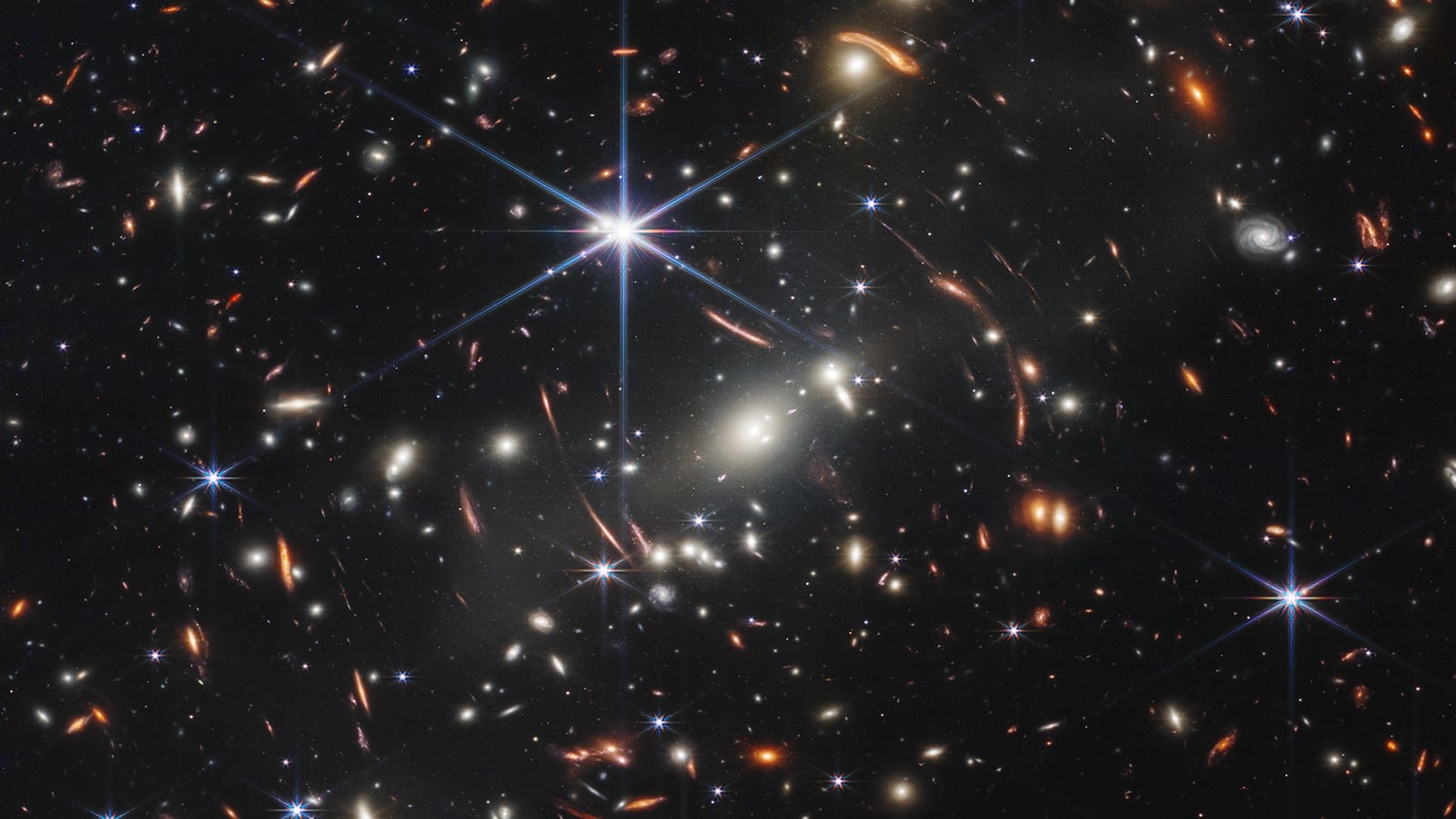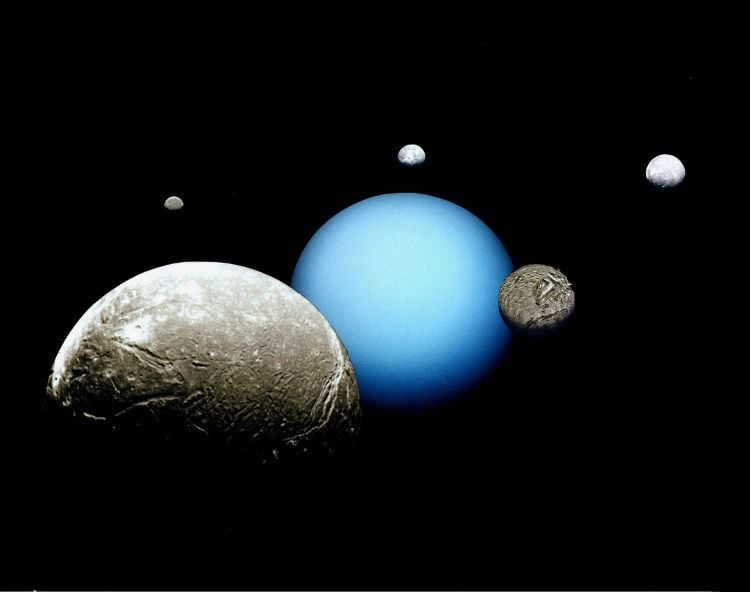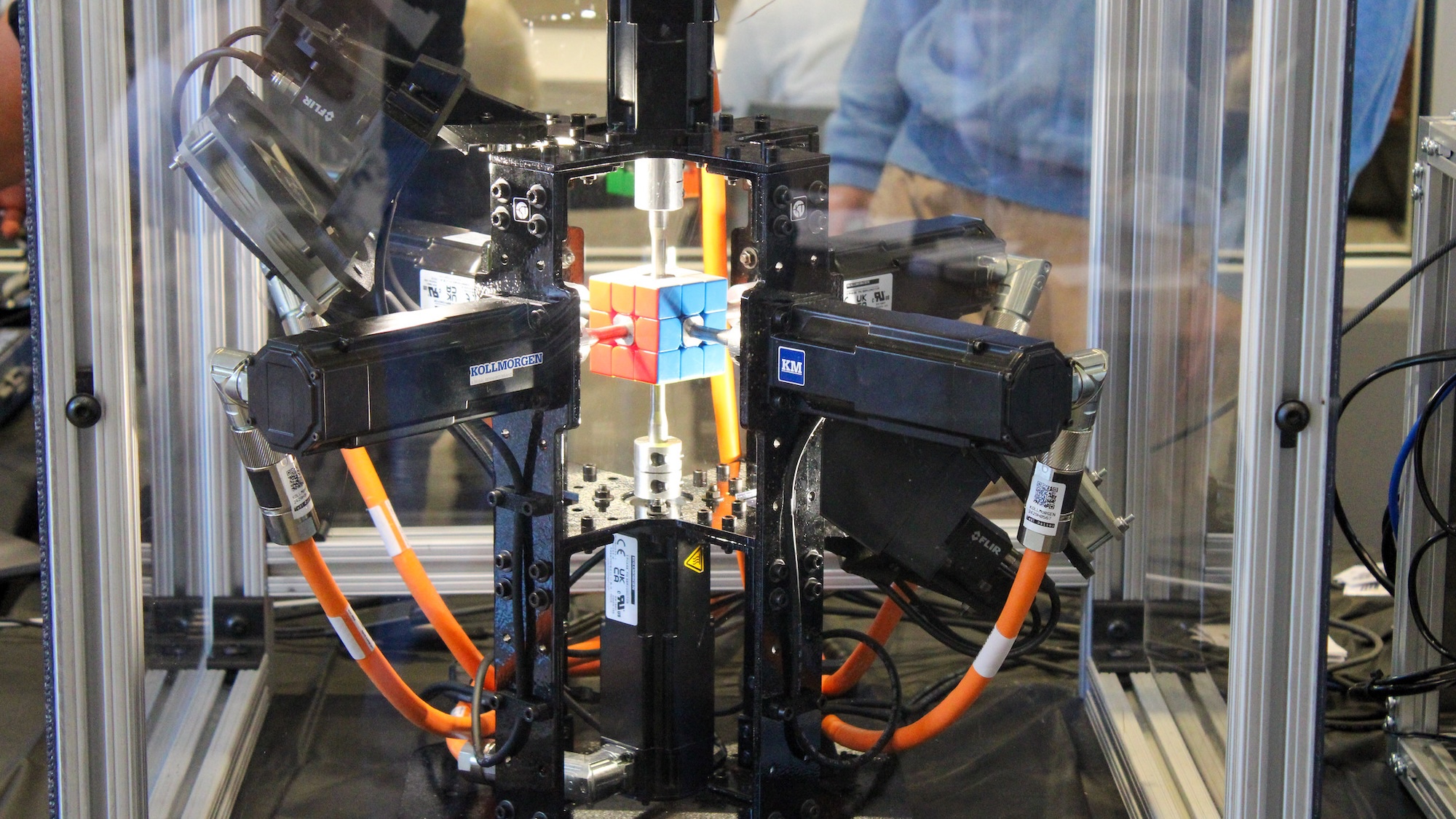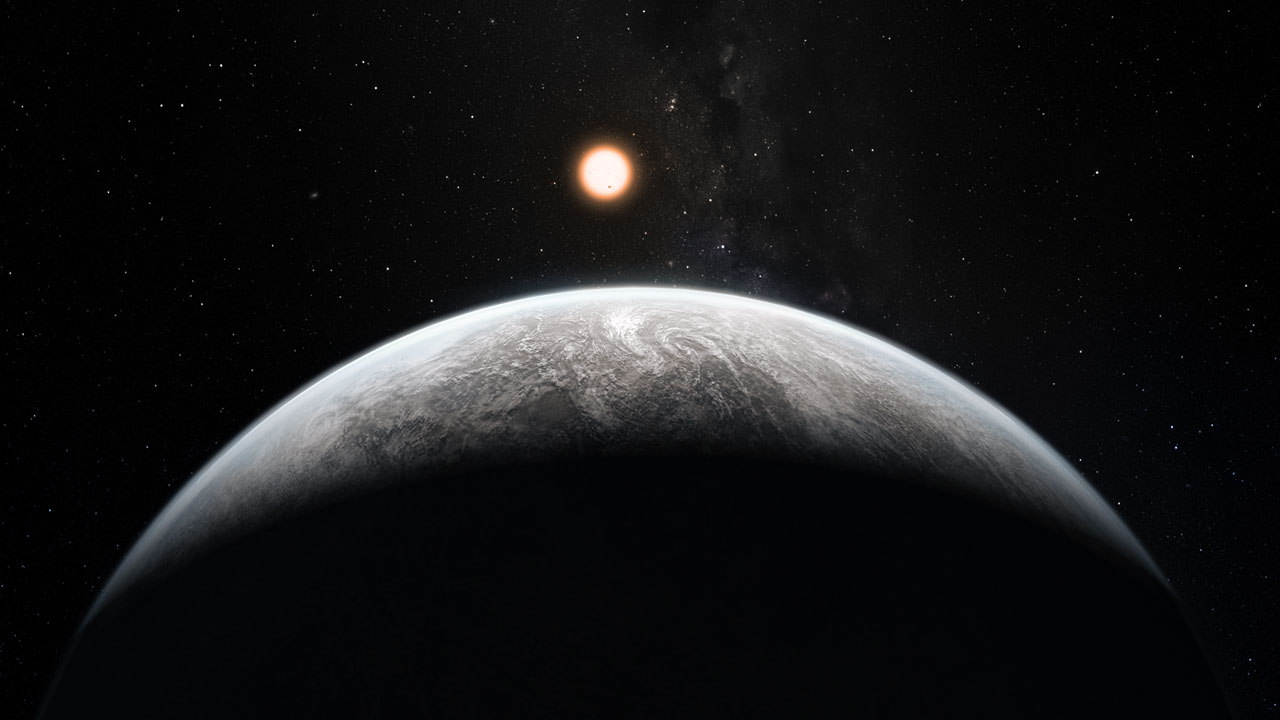The universe may die sooner than expected
Astrophysicists say 'Hawking radiation' could dramatically shorten reality's lifespan. The post The universe may die sooner than expected appeared first on Popular Science.
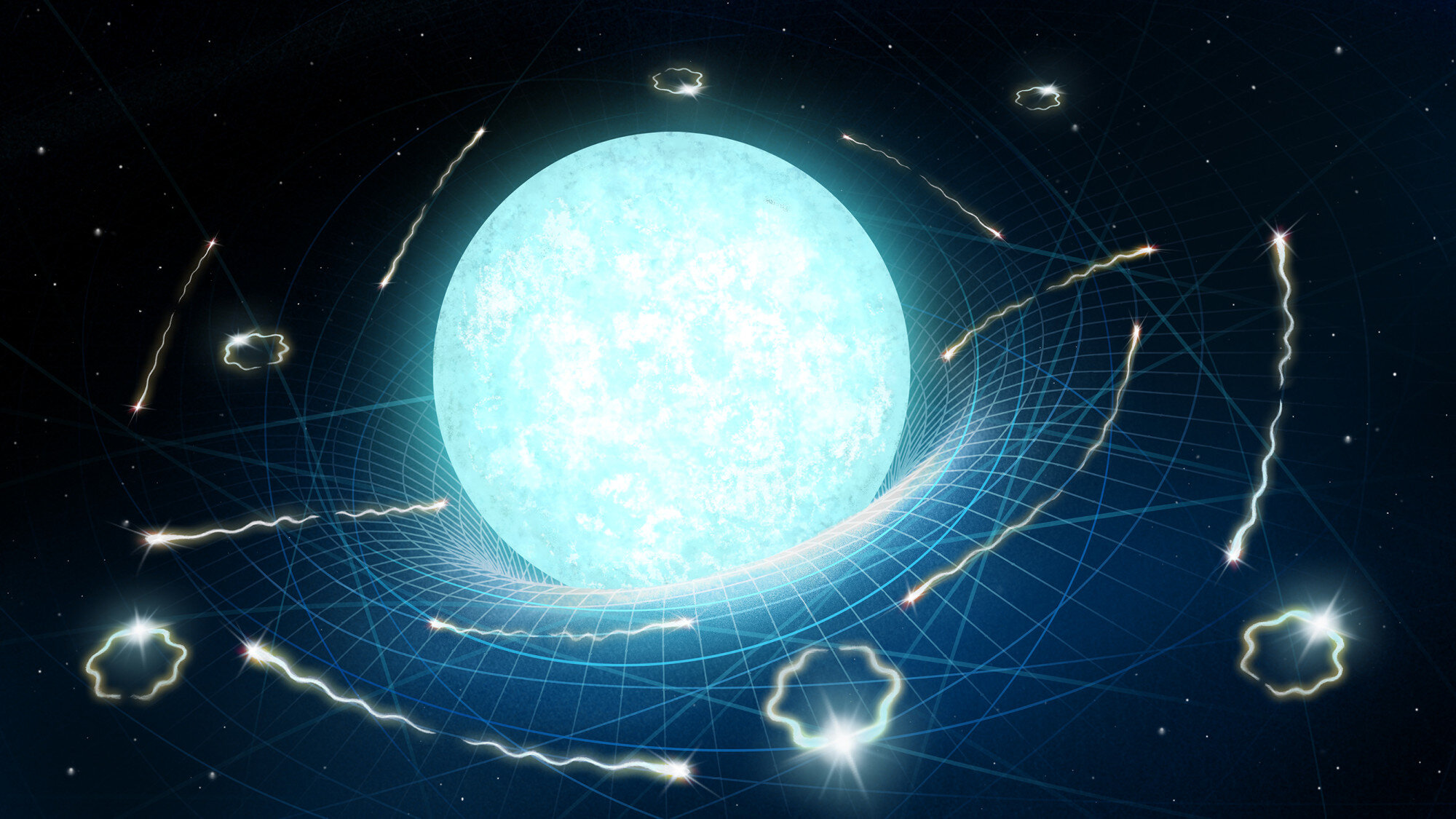
Nothing is permanent—not even the universe itself. At least, that’s what current models of physics tell us about the nature of existence. Luckily for humanity, most astrophysicists’ estimates don’t have the universe’s grand finale scheduled for around 10¹¹⁰⁰ years (that’s a 1 followed by 1,100 zeros). However, based on new calculations that include the peculiar nature of certain black hole particles, the universe’s curtains may fall much sooner than expected—cosmically speaking.
According to a study slated to be published in the Journal of Cosmology and Astroparticle Physics, the very last stellar remnants due to decay will only take another 10⁷⁸ years (that’s a 1 followed by only 78 zeros). The reason behind this dramatically revised lifecycle? Stephen Hawking. Well, not Hawking himself—but the particles named after him.
In 1975, the renowned astrophysicist theorized that some things could actually escape a black hole’s seemingly inescapable gravitational pull, despite the rules set out in Einstein’s theory of relativity. With Hawking’s calculations, certain lucky runaway particles avoid a one-way ticket to singularity thanks to a strange occurrence that can take place at the very edge of a black hole. There, a pair of temporary particles can form amid all that swirling chaos of energy. But before they merge together, one particle is jettisoned into the black hole while the other is flung outwards.
This resulting “Hawking radiation” implies that, contrary Einstein’s belief that black holes can only grow and not shrink, this nearly imperceptible particle shuffle actually causes a cosmic nexus of space-time to (very) slowly decay.

In a 2023 paper, researchers at Radboud University in the Netherlands explored the concept of black hole evaporation, as well as its implications on other objects with gravitational fields such as white dwarf and neutron stars. Since then, the team has fielded questions from around the world about the various implications that Hawking radiation could have on the universe. They hypothesized that one of the clearest ramifications would be found in white dwarves, which are known to be some of the most persistent interstellar objects in existence.
Previous studies that didn’t factor Hawking radiation into their equations have put a white dwarf’s lifespan at 10¹¹⁰⁰ years. This new revised calculation only taking Hawking radiation into account puts the universe’s demise at a much sooner 10⁷⁸ years.
“Fortunately it still takes a very long time,” lead author Heino Falcke said in a statement.
Hawking radiation also seems to have surprising effects on other cosmic bodies. Based on their new estimates, both neutron stars and stellar black holes take roughly the same amount of time to decay: 10⁶⁷ years. This doesn’t make much sense at first glance, since black holes have much stronger gravitational fields, meaning they hypothetically should disappear faster.
“But black holes have no surface,” explained study co-author Michael Wondrak. “They reabsorb some of their own radiation which inhibits the process.”
For a bit of “fun” (much like physics, the “fun” can be relative), the team also decided to see how long it would take for a human being to “evaporate” due to Hawking radiation decay. After all, we have mass and therefore a miniscule amount of gravitational pull. Barring no other external factors—say, the sun going nova or biological decay—you won’t sluff off all your particles for another 10⁹⁰ years. In that sense, you have the universe beat, at least.
The post The universe may die sooner than expected appeared first on Popular Science.















